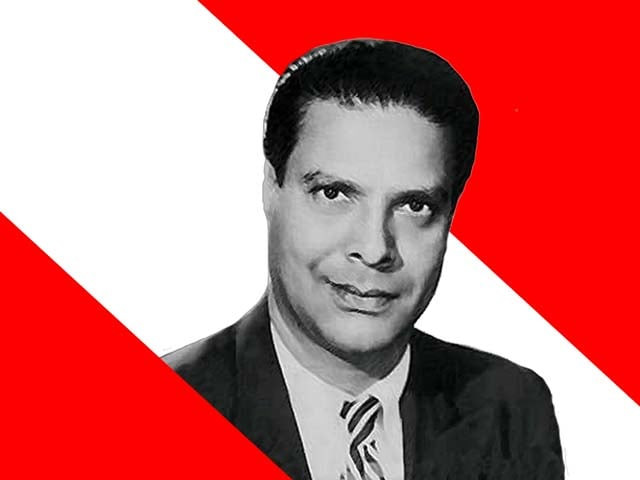Badayuni reigned over mushairas, as he did over the film world in his short life. Known for his tearjerker romantic poems celebrating love, but also separation, it isn’t hard to understand why he was given the title of Shayir-e-Shabab (the poet of youth). Badayuni came of age in the heady days of the 1950s and 1960s, when the dominant theme in Urdu poetry was revolution and social change, following the formation of the Progressive Writers Association in Lucknow in 1936. Many of his peers like Jan Nisar Akhtar, Majrooh Sultanpuri, Kaifi Azmi and Sahir Ludhianvi were already well-established in the film industry. Therefore it was quite an anomaly for someone like Badayuni to hold steadfastly, and successfully, to churning out verses exclusively about love and which were explicitly non-political.
Interestingly, today also marks the 50th death anniversary of the German language poet Paul Celan, who ended his life in the River Seine in Paris. Like Badayuni, Celan also wrote explicitly non-political poems. One can say that his Jewish heritage was as important to Celan in his work as love was important to Badayuni. Yet, unlike Celan, even in death Badayuni did not receive the stature which he deserved in the Urdu pantheon. Perhaps because he was never a member of the two major rival literary organisations, the Progressive Writers Association and the Halqa-e-Arbab-e-Zauq. Or perhaps the fact that he did not have any lobby (during his life or after his death) to promote his poetry which ultimately worked against him. Be that as it may, the fact that his partnership with the legendary musical composer Naushad, and many of his non-film verses too, were sung by the likes of Begum Akhtari Bai Faizabadi may well have assured literary immortality for Badayuni.
To commemorate the occasion, I am humbly sharing an original translation of Shakeel’s very last ghazal. More discerning observers might even detect a prescient death-note in these verses. Indeed the following verse has become legendary, and quite an aphorism:
“Mera azm itna bulund hai ke paraye sholon ka dar nahin
Mujhe khauf aatish-e-gul se hai ye kahin chaman ko jala na de”
The late Governor of Punjab Salmaan Taseer tweeted this couplet before his own untimely death. For some, this couplet signifies an invocation of a multitude of ills, from the perils of illiberalism to the enemies within. The very first and last couplets also bear consideration. Is the poet here referring to how so many of his ‘friends’ whom he helped, supported and sheltered in his spacious home turned their backs on him as soon as he passed away? We will never know for sure.
~
“My friend, my companion, do not deceive me in the guise of a friend
Do not pray for my life, smitten by love’s passion, my life is at an end.
I am defeated by the sorrow of the world in that I am anguish’s personification
Whatever is destined for me, may not these be even my enemy’s affliction.
This heart-sore is light itself, life springs from this light
I fear O my curer, you indeed may cause this lamp to blight.
My resolve is so great that I do not fear the foreign flames’ power
I fear lest this garden be consumed by the flame in the flower.
She has risen with the glass and goblet, O Shakeel are you in the assembly
Lest your glass maybe taken by some other hand promptly.”



COMMENTS
Comments are moderated and generally will be posted if they are on-topic and not abusive.
For more information, please see our Comments FAQ